The Pituitary & Skull Base Center of Excellence at UBNS
Jump To:
TO
Comprehensive Care Under One Roof
At UBNS, we offer some of the most cutting-edge, comprehensive care available for pituitary tumors, disorders, and other conditions related to the skull base. We bring highly trained professionals together so you can see multiple specialists in one location, often in a single visit. This streamlines your care and makes the experience easier, more efficient, and less stressful.
Our team at the Pituitary & Skull Base Center of Excellence will help you navigate your diagnosis and work with you to find the right treatment plan for you. We combine specialized expertise and versatile surgical options with state-of-the-art technology to provide a patient-centered approach – from diagnosis to treatment and beyond.
Why Choose Us?
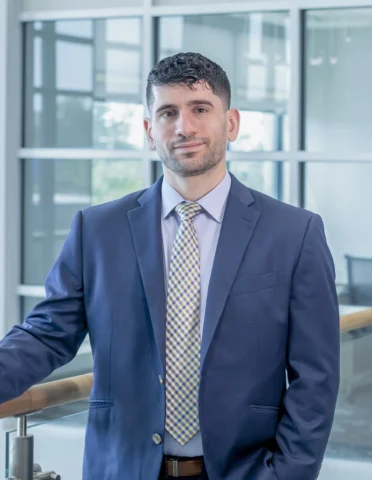
The Pituitary & Skull Base Center of Excellence is a comprehensive clinic that brings together doctors across different specialties to diagnose and treat pituitary and skull base conditions. Our center provides a single location where you can visit all the doctors and specialists you need to see without having to schedule multiple appointments.
Timely Responses
We understand how stressful and anxiety-provoking a new diagnosis can be. To ensure you’re getting the care you need as soon as possible, we guarantee patients with new tumor diagnoses will hear back within 24 hours and be seen within one week. You’ll also hear directly from one of our physicians before your appointment so you can address concerns, discuss treatment options, and alleviate anxiety as soon as possible.
Expanded Endonasal Experts
UBNS is the only practice in Western and Upstate New York that offers true expanded endonasal surgery. This means we can manage tumors and other conditions with a minimally invasive endonasal approach instead of a craniotomy.
Dr. Hanna N. Algattas, who leads our Pituitary & Skull Base Center, specializes in these expanded endonasal procedures and is the only such sub-specialized physician in the region. His unparalleled expertise with these minimally invasive techniques has revolutionized the way we’re able to treat pituitary and skull base conditions, specifically tumors.
“The tools we have offer better visibility, allow more tumor to be removed, lead to longer periods of remission, and better preserve the hormone function of patients.”
– Dr. Hanna Algattas
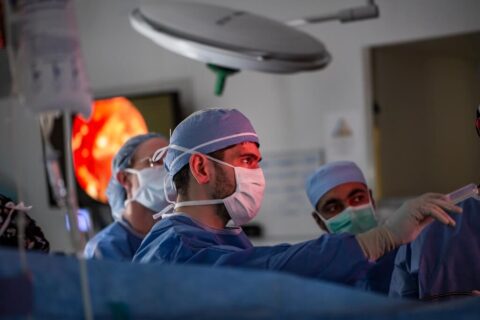
Cutting-Edge Technology
Our team uses the latest diagnostic and surgical technologies to ensure the best possible outcomes for our patients.
From fluorescent tumor tracking to high-definition endoscopy, our advanced visualization technology gives us a better view of the skull base and enhances precision while improving surgical outcomes. These technologies also support our commitment to offering minimally invasive procedures that result in shorter recovery times and lower risk for complications.
Collaborative Care
At our center, we believe in a collaborative approach to care – and the pathology of the pituitary and skull base requires it. We bring highly trained professionals together so you can see multiple specialists in one location, often in a single visit, to simplify your medical journey while enhancing communication and collaboration. This approach ensures you receive comprehensive care without the need for multiple appointments or referrals.
“Taking a collaborative, multi-disciplinary approach helps us improve outcomes because we physicians can work as a team and pivot off each other’s strong suits.”
– Dr. Hanna Algattas
Your Care Team May Include:
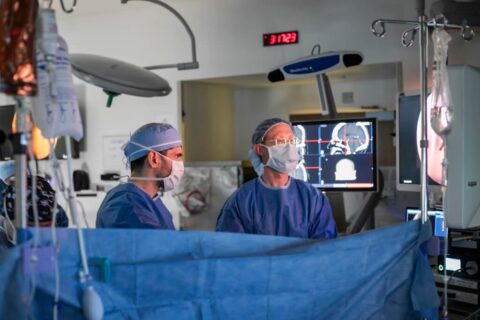
- Neurosurgeons: Diagnose and treat conditions in the nervous system, including the pituitary gland, skull base, and brain.
- Ophthalmologists: Treat vision impairments caused by brain or pituitary tumors.
- Radiologists: Provide precise imaging to diagnose and track brain and spinal cord tumors.
- Radiation Oncologists: Specialize in diagnosing and treating tumors with chemotherapy, radiation, and targeted therapies.
- Plastic Surgeons: Focus on reconstructive surgery for skull base or facial tumor removal.
- Otolaryngologists (ENTs): Treat ear, nose, and throat issues caused by tumors.
- Neuro-oncologists: Focus on the diagnosis and treatment of brain and spinal cord tumors, including those related to pituitary and skull base conditions.
- Endocrinologists: Manage hormone imbalances caused by pituitary conditions, ensuring proper hormone function before, during, and after treatment.
*We bring in a dedicated endocrinologist 1-2 times a month to work in tandem with our surgical team.* - Support Nurses: Offer compassionate care throughout treatment.
- Social Worker: Provides non-medical support and resources to patients and their families, including coping strategies, financial counseling, and access to community services.
- Pituitary Liaison: A dedicated resource that helps navigate a treatment plan and coordinate care with the entire team.
- Pituitary Focus Group: A support group where you can learn more about your condition and connect with others going through similar experiences.
Effective Partnerships
The Pituitary & Skull Base Center of Excellence at UBNS works with some of the best medical centers in the Western New York Region. Our partnerships with Kaleida Health, ECMC, and Great Lakes Medical allow us to tap into their resources and expertise, and work with the best doctors in our area on your treatment.
Trusted Advice You Can Count On
We know navigating a diagnosis and considering treatment options can be overwhelming, especially when dealing with complex conditions like those affecting the pituitary and skull base.
Whether you’re looking for a second opinion or want to explore various treatment options, we’re here to support you. Our team provides thorough, compassionate evaluations and consultations to ensure you have all the information needed to make an informed decision about your care.
What Conditions Do We Treat?
Our center specializes in the diagnosis and treatment of a wide range of conditions that affect the pituitary gland and skull base. This includes:
Pituitary Tumors
Pituitary tumors, including adenomas, can disrupt hormone production and affect various bodily functions. These tumors can range from benign to malignant, and treatment options vary depending on their size, location, and effects on the patient’s health.
- Pituitary Adenomas/Pituitary Neuroendocrine Tumors: Non-cancerous tumors that can affect hormone production, leading to symptoms like changes in vision, headaches, and abnormal hormone levels.
- Rathke’s Cleft Cysts: Benign cysts that form in the pituitary gland, often causing symptoms like headache, hormonal imbalance, or vision problems.
- Arachnoid Cysts: Fluid-filled sacs that form on the brain’s surface, sometimes pressing on nearby structures like the pituitary gland.
- Craniopharyngiomas: Benign but invasive tumors that develop in or near the pituitary gland and require specialized care and consideration.
- Pituitary Hypophysitis: Inflammation of the pituitary gland, often leading to hormone imbalances, which can often be treated medically.
Skull Base Tumors
The skull base is a complex area where the brain, spinal cord, and several electrical nerves meet. It can be difficult to diagnose and treat tumors in this area, but we have the expertise and technology to address them effectively.
- Meningiomas: Tumors that form in the meninges (the protective layers around the brain and spinal cord) and can affect nearby structures.
- Chordomas: A rare type of bone/cartilaginous cancer that can develop at the base of the skull and towards the brainstem
- Chondrosarcomas: Rare cancers that begin in the bones/cartilage, often affecting the skull base.
- Ecchordosis: A benign growth at the skull base, usually asymptomatic but often requiring monitoring.
- Schwannoma: Benign tumors from Schwann cells, typically affecting cranial nerves and requiring surgery or radiation treatment.
- Esthesioneuroblastoma/Olfactory Neuroblastoma: A rare cancer in the olfactory nerve, impacting the nasal cavity and requiring specialized treatment.
- Paragangliomas: Tumors in the paraganglia, found in the skull base or neck, often requiring specialized treatment with either surgery or radiation.
- Nasopharyngeal Carcinoma: A type of cancer within the nasal cavity often requiring specialized treatment.
- Nasopharyngeal Angiofibroma: A rare, non-cancerous tumor in the back of the nose, usually affecting young males, often treated by surgery.
- Metastatic Tumors: Cancers that spread to the brain or skull base from other areas of the body, requiring targeted treatment.
Other Pituitary and Skull Base Conditions
- Cerebrospinal Fluid Leak (Traumatic, Spontaneous, and Postoperative): A condition where fluid surrounding the brain and spinal cord leaks. These can occur spontaneously or be caused by injury or surgery, and require prompt treatment.
Treatment Options
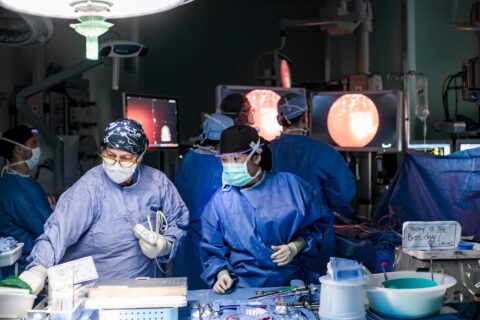 At the Pituitary & Skull Base Center of Excellence, we take the time to listen to your concerns and work with you to develop a personalized treatment plan that best fits your needs. Some of the treatment options we offer include:
At the Pituitary & Skull Base Center of Excellence, we take the time to listen to your concerns and work with you to develop a personalized treatment plan that best fits your needs. Some of the treatment options we offer include:
Surgical Treatment
Our doctors are well-versed in a wide range of surgical procedures used to treat pituitary and skull base conditions. If surgery is the best course of action, we’ll work with you to determine which procedure is right for you and will achieve the best outcome.
Endoscopic Endonasal Approach
Endoscopic endonasal surgeries are minimally invasive procedures with fewer risks, faster recovery times, and less disruption to daily life. These surgeries involve a surgeon accessing the brain and skull base via the nose, avoiding the need for incisions.
Craniotomy
Craniotomies are more traditional surgical approaches to treating pituitary and skull base conditions. These procedures involve temporarily removing a piece of the skull to gain access to the brain.
Radiation Therapy
If surgery isn’t the best option, or if a tumor recurs after surgery, we provide advanced radiation options, including Gamma Knife Radiosurgery and other cutting-edge technologies, to target and treat tumors precisely.
Endocrine Medical Therapy/Chemotherapy
For many conditions, hormonal therapy or medications like chemotherapy can help manage symptoms and slow disease progression. They can often be used alone or in combination with other treatment options, depending on your specific needs.
Patient-Centric Supportive Care
Emotional support is crucial during any medical diagnosis. Focus groups, support groups, and social workers are available to help with finances, coping strategies, care team coordination, and other non-medical resources.
What to Expect
Our goal is to make your experience as straightforward and stress-free as possible, from diagnosis to treatment. We bring the specialists you need together in one place so you don’t have to worry about coordinating separate appointments for each doctor.
When you call our center, you’ll receive a response within 24 hours. If you have a new tumor diagnosis, you’ll be scheduled for an appointment within one week and will get a call from one of our physicians prior to the appointment to address any concerns before your appointment.
Initial Consultation
Your first appointment will be at our Comprehensive Neuroscience Center, located at 40 George Karl Blvd. in Williamsville.
During this initial visit, you’ll meet with one of our neurosurgeons and have the opportunity to discuss your condition and treatment options with our expert team of specialists.
Second Opinions
In addition to diagnoses, our clinic also offers second opinions. If you’ve seen another doctor but would like to explore your options, we’ll work with you to ensure you’ve been properly diagnosed and are fully informed of all the treatment options available to you.
Telehealth
At the Pituitary & Skull Base Center, we offer telehealth visits for patients who may not be able to make it to our office. We also provide virtual appointments for patients looking for a second opinion.
Surgery & Treatment
If your treatment plan involves surgery, your procedure will be performed at Buffalo General Hospital with our state-of-the-art equipment.
Other treatment options, like gamma knife radiotherapy or radiation therapy, are provided at our Williamsville office.
Meet Our Pituitary & Skull Base Team
How to Make an Appointment
The Pituitary & Skull Base Center of Excellence accepts patients from all over the Northeast and beyond. Appointments can be made with or without a referral. Our center is conveniently located right off the New York State Thruway and is less than a 15-minute drive from the Buffalo Niagara International Airport.
If you’re a patient looking to make an appointment without a referral, please call 716.218.1000 and select the Pituitary and Skull Base Center option.
Doctors looking to refer their patients to the Pituitary & Skull Base Center can call 716.218.1000 and select the Pituitary and Skull Base Center option.
Contact Our Pituitary & Skull Base Center of Excellence
Follow along with us
Publications | September 30, 2025
View all PublicationsESC Consensus Statement on Stroke Risk Management in Carotid Atherosclerotic Disease: 10 Key Points
In the News | November 19, 2025
UBNS in the NewsDr. Elad Levy Performs Groundbreaking Carotid Artery Stenting, Setting New Precedent for Outpatient Procedures
UB Neurosurgery’s Dr. Elad Levy performed an outpatient carotid artery stenting with Neuroguard at Atlas Surgery Center for observers at CNS 2025.
Continue to news article
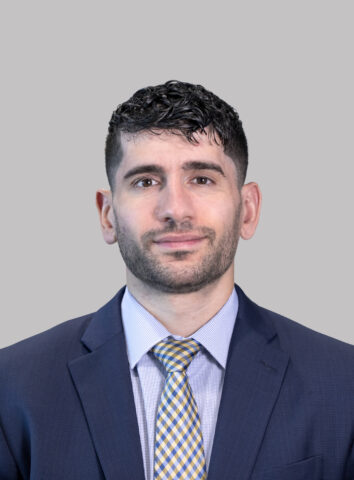 Dr. Hanna N. Algattas
Dr. Hanna N. Algattas 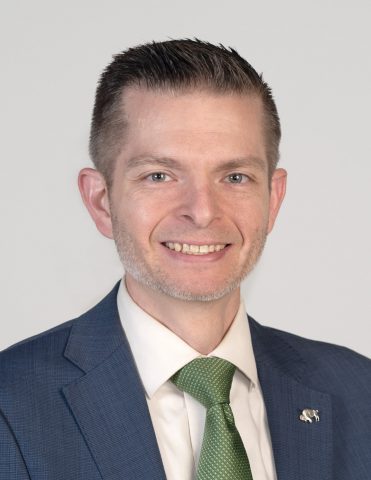 Dr. Jason M. Davies
Dr. Jason M. Davies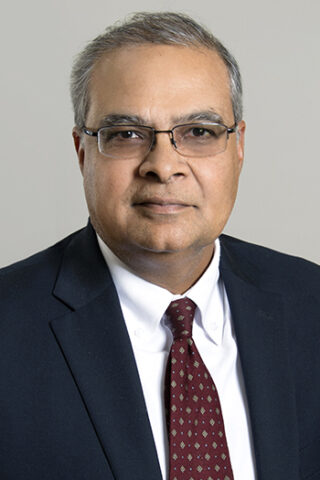 Dr. Ajay Chaudhuri
Dr. Ajay Chaudhuri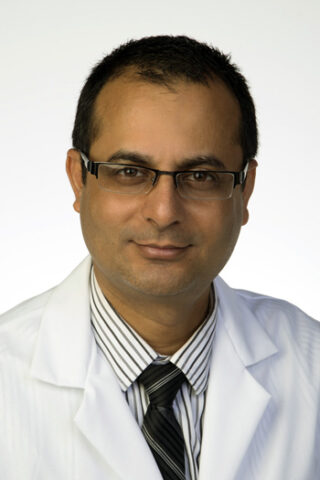 Dr. Manav Batra
Dr. Manav Batra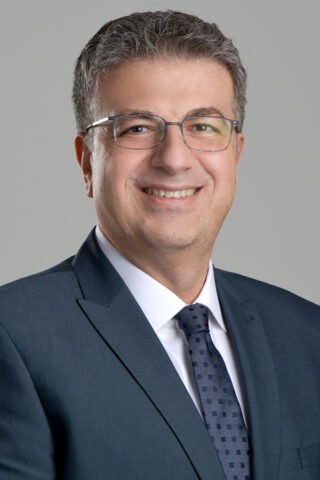 Dr. Antoine Makdissi
Dr. Antoine Makdissi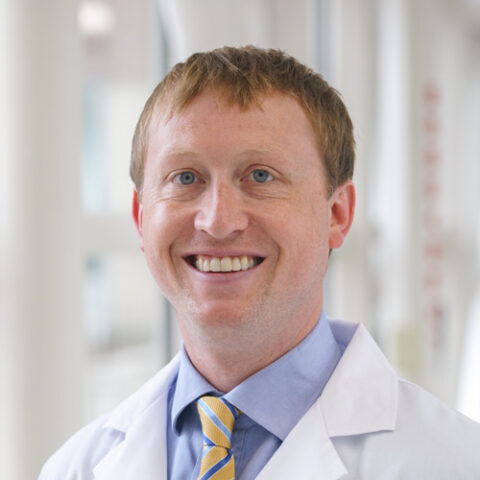 Dr. Ryan McSpadden
Dr. Ryan McSpadden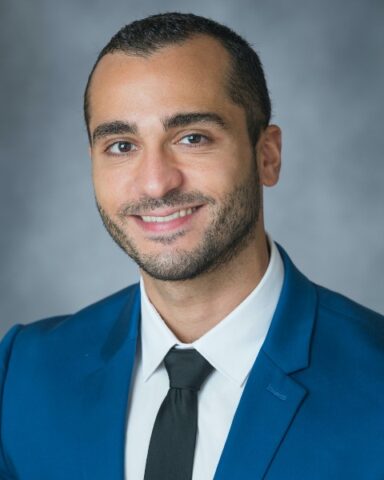 Dr. Matthew Kabalan
Dr. Matthew Kabalan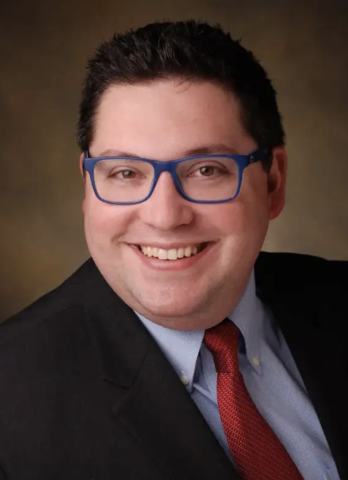 Dr. John Legaretta
Dr. John Legaretta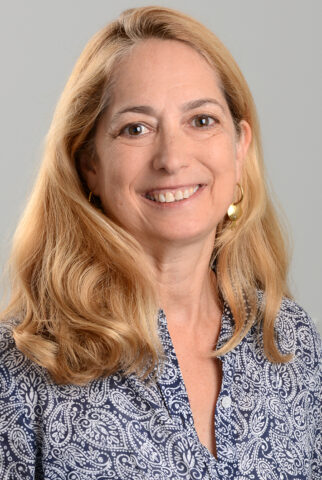 Dr. Norah Lincoff
Dr. Norah Lincoff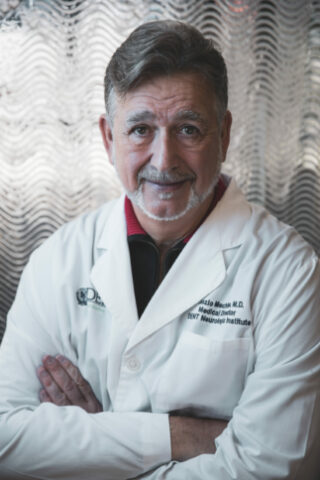 Dr. Laszlo Mechtler
Dr. Laszlo Mechtler Dr. Lucia Balos
Dr. Lucia Balos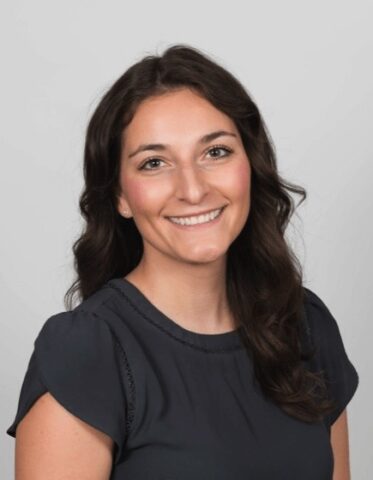 Lauren Gugino, PA-C
Lauren Gugino, PA-C